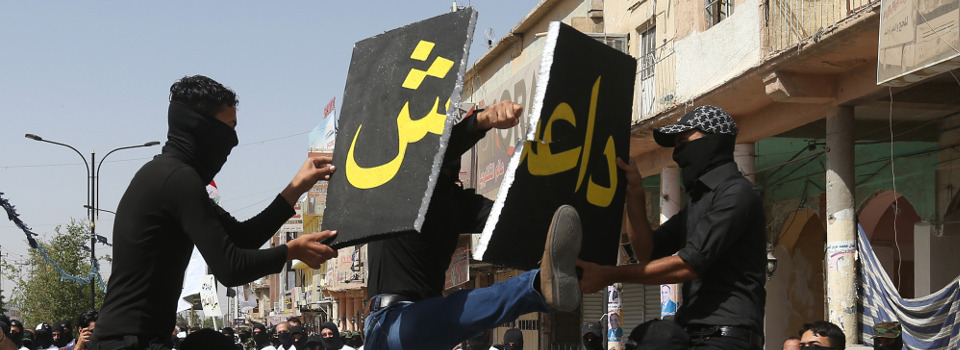INDONESIA IN TRANSITION
Minister wants to implement action plan as 30 per cent of students have dropped out of school since the monetary crisis hit the country.
THE Indonesian government will abolish tuition fees for all state schools and provide needy pupils with bursaries and free text books so that Indonesian pupils will be cushioned against the impact of the economic crisis.
Minister for Education and Culture Juwono Sudarsono told The Straits Times that an action plan was needed as 30 per cent of students across the country had dropped out of school since the monetary crisis hit the country last July and 20-30 per cent of privately-run schools had closed, forcing thousands to quit their studies.
The government, he said, would tap its annual 900 billion rupiah (S$180 million) budget for education to help schools and students.
“The target is the poorest of the poor,” he said.
For example, free books will be given to about three million students across the 27 provinces.
“Something has to be done or the effect to the economy in 10 to 15 years will be devastating.
“We will not have people capable of meeting the demands of a modern economy if students keep dropping out of schools now,” he said.
Elaborating on his ministry’s plan, he said the priority would be to help primary school pupils complete their basic and secondary education.
His ministry will:
* Provide annual scholarships, each worth 120,000 rupiah, to needy pupils who form 4 per cent of 29 million primary school students.
A total of two million rupiah will also be given annually to almost 70,000 not-so-well-off primary schools for their day-to-day operations. These schools form 40 per cent of the number of state-run primary schools.
* Give 240,000 rupiah each to needy students in junior high schools which are the equivalent of Singapore’s secondary schools. There are nearly two million needy junior high school students, he said. Another four million will go to 30,000 junior high schools to cover expenditure costs.
He explained that the bulk of funds was going to the junior high school students because they formed the backbone of the manufacturing industry which contributed 40 per cent of Indonesia’s exports.
Nine out of 10 joined the industry after graduation, he said.
“If the economy recovers, they could become the mainstay of the workforce. That is why I want to save them,” he said.
Efforts will be concentrated mainly in the “have-not” eastern provinces of Kalimantan, Sulawesi, Maluku, Irian Jaya and East Timor.
There are many needy students whose parents had moved to these provinces from Java, he said.
He added that the government would not be able to help the country’s five million senior high school students, who are like Singapore’s junior college students, and 185,000 university students.
Students from private schools would also not benefit from the plan, he said.
He said he expected more countries to help financially once the International Monetary Fund disbursed the remaining US$1 billion (S$1.7 billion) tranche to Indonesia.
The government, he said, had turned to the United Nations, World Bank and Asian Development Bank to fund its educational programmes. They were giving grants to schools in rural areas.

